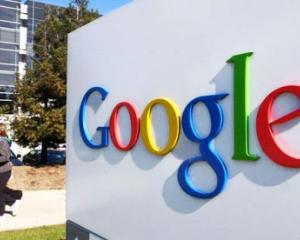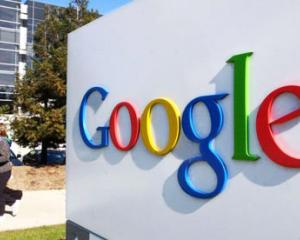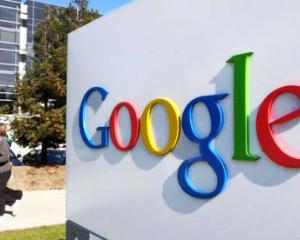Google will make an ambitious bid to extend its reach into the living room when it debuts its internet television software this week.

Called Smart TV, the software is expected to be built into Internet-connected TVs, Blu-ray players and set-top boxes.
It has not been disclosed when the first of these devices will be available to consumers.
Google, with partners Sony, Intel and Logitech, will unveil the new television platform at a conference in San Francisco for 3000 software programmers in hopes of generating a flurry of independent development.
Before the product becomes available to consumers, Google will release development tools for it in hopes that third-party software creators will build applications for Smart TV the same way they did for smart phones.
"The revolution we're about to go through is the biggest single change in television since it went color," Intel chief executive Paul Otellini told analysts last week.
Google isn't the first online company to make a grab for the TV.
At the Consumer Electronics Show in Las Vegas this year, manufacturers displayed a plethora of televisions, Blu-ray players and set-top boxes with internet services including online photo delivery, music streaming, news reports, weather forecasts and stock quotes.
Yahoo was among the first technology companies to make iInternet sites, such as Facebook and Twitter, accessible on the TV. And Netflix delivered movies to TVs online.
But the idea hasn't caught on widely, partly because of the limitations of the services.
Apple's set-top box, for example, allows users to buy and rent movies and TV shows, but not much more in the way of Internet-delivered features.
"Apple TV has done well in the category of devices that bridge TVs to the internet," said Ross Rubin of NPD Group. "That has historically been a small category."
Although Google isn't sharing details of Smart TV before its launch, analysts think this venture has a shot at success because of the power of the partnerships the company has built.
"Google making an announcement on its own is one thing," said James McQuivey, media analyst with Forrester Research. "Making it with Sony is considerably different. It lends a lot of credibility that Google might power the TV of the future."
With more than 1 million sets with a built-in Internet connection already purchased, and an additional 10 million likely to be sold by 2011, McQuivey said, Google sees an opportunity to extend its operating system that now powers Android phones, inexpensive netbook laptops and tablet computers.
"The potential impact of reaching people when they're fully engaged by a 52-inch TV," McQuivey said, "and having that sponsored by advertising, that's very powerful."
McQuivey predicts Google will seek to control how viewers navigate the content that appears on their TVs, whether watching a quirky amateur video on Google's YouTube site, an episode of CSI: Miami or an on-demand movie provided by Amazon.com.
Putting its software inside televisions and set-top boxes could open up a new world of opportunities for Google to extend its wildly profitable advertising and search businesses.
Ultimately, the idea is to use data from set-top boxes to target relevant advertising much the same way the search giant does that on the Internet.
TV advertising is a lucrative business, with brands spending $60.4 billion last year to promote products and services, Kantar Media estimates.
Google has already been testing a search service that helps consumers find the shows they want to watch on Dish Network.
"No one else is in a position to do that at the scale Google is," McQuivey said. "That's why this matters.
"Eventually you will log in with that TV, it can target ads to you. That's an interactive advertiser's dream, and it's the kind of thing the cable industry has been promising for years.
"Google is essentially trying to end-run them."
One of the companies involved in the Smart TV effort, Sony, has a lot to gain if the product is a success.
Sony might be one of the most recognisable names in consumer electronics, but it ranks third in the television market, having lost share to Samsung and LG Electronics Inc.
"Sony needs a differentiator," said Richard Doherty, research director of Envisioneering Group.









